When you run your own business, one of the simplest ways to improve tax efficiency is by claiming the right business expenses. But it can be hard to know what counts, and just as importantly, what doesn’t.
Expenses You Can Confidently Claim
Starting off simple with the things that are clearly business expenses, and you can claim with confidence:
Office Supplies and Software - notebooks, printer ink, and subscriptions (Microsoft/Google/Xero) that keep the business running.
Travel for Client Work - train fares, mileage (45p for the first 10,000 and 25p after that), hotels and parking when visiting clients.
Professional Fees - business insurance, marketing support, accountancy and professional memberships that relate to your work.
Equipment - laptops, monitors, power tools (if you have a trade) and any thing else you need to use for your business.
It's important to consider though, that if there is dual use (i.e. you use a laptop for personal use), you can only claim for the proportion that is related to business use.
Expenses You Can't Claim (Even if they feel work related!)
There are a range of expenses that feel business related but aren't actually allowable for tax relief under HMRC's rules:
Client/Staff Entertaining - lunches, coffees or events with clients or staff are considered a legitimate business cost, but people don't always realise these aren't tax deductible. At least, not from a business perspective, but you don't pay personal tax on those costs if you have a Ltd company.
Your Own Lunch or Coffee - meals while travelling for work are a legitimate expense, but day to day food whilst working from home or your usual office isn't.
Commuting Costs - travel between home and your regular place of work doesn't count as business travel, and cannot be claimed.
Small Home Improvements - decorating or refurnishing your home isn't normally deductible, even if the space is used for business, such as a home office. This is because HMRC sees it as improving your personal property.
Gym Memberships - if you use a gym that has a co-working space, you may think that you can claim the costs, but HMRC is quite clear that this is not an allowable expense.
These are easy to overlook because they often feel connected to work and your business, but HMRC treats them as personal benefit (like entertaining/gym membership ) or a cost you would typically cover anyway (like lunch/commuting).
The Grey Areas: Where personal and business overlap...
Some expenses sit in that awkward grey area between business and personal use, which is where mistakes can happen. Here are a few common examples:
Mobile Phone - if a phone contract is in your personal name you can only claim for the business proportion, however if it's a company contract then it can be claimed in full, even if there is personal use.
Home Working - following covid, and with a lot of people working from home, you are able to claim some of those expenses and there are two methods. First is the flat rate method (£6 per week) which requires no evidence, but if you have a dedicated office space, you can claim a percentage of your household bills. If you're working from the sofa or kitchen table, stick to the flat rate!
Work Clothing - certain items of clothing can be claimed, such as protective clothing, but regular items are not seen as a business expense. On the flip side, branded items of clothing (t shirts, jackets etc.) can be claimed.
Training & Development - training related directly to your business, or your team members role in the business, is allowable as it benefits the business. However, if you're completing a course to change careers, this cannot be claimed.
Having a better understanding of what you can/can’t claim helps you stay compliant, save tax and keep your books tidy. The best way to stay on top of it is to record expenses as you go, ideally through a system like Xero, where receipts and transactions are stored electronically ( and it saves you from the dreaded shoebox full of receipts!).
If you’d like help reviewing your setup or making sure you’re claiming everything correctly, book a free discovery call and we can go through it together, making sure you stay on the right side of HMRC whilst maximising your claims!



